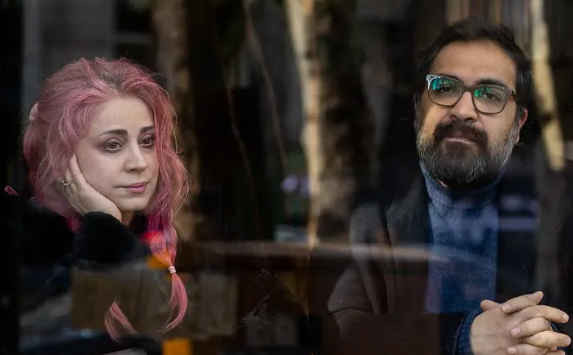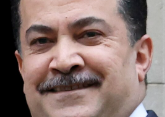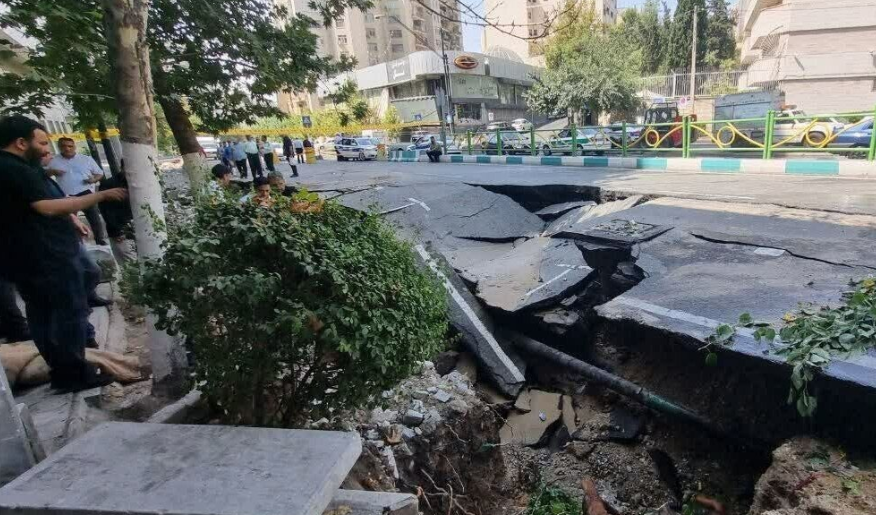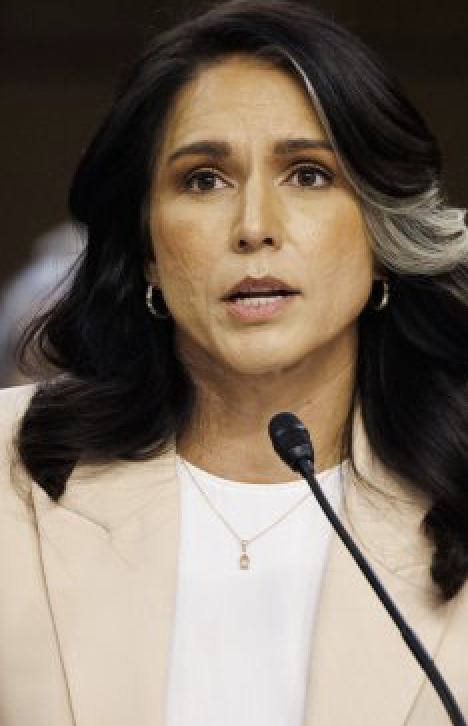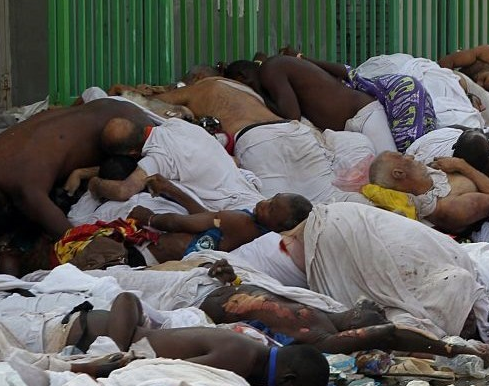
by Warren L. Nelson
President Rohani has given two conflicting answers when asked in two different interviews in the United States about the possibility of exchanging Americans held in Iran for Iranians held in the United States.
But the wife of one of the jailed Iranian-Americans fired back furiously that Rohani was acting no differently from the Iranian revolutionaries who held American diplomats as trade bait a third of century ago.
In an interview with National Public Radio (NPR) during his stay in New York, Rohani was asked about the Americans detained in Iran. Rohani suggested that those with dual Iranian and American citizenship could be exchanged “simultaneously” for Iranians held in the United States.
But, in an interview with CNN’s Christiane Amanpour, Rohani said that if the United States first freed Iranians held in prison there, then Iran might be able to free Americans held in Iran.
The very different answers suggested that no one in Iran had given the issue very serious thought and Rohani was just speaking off the cuff.
In the past he has spoken of the possibility of some prisoner exchange deal, but emphasized that he doesn’t have any such authority and prisoners in Iran are not held by the executive branch but by the Judiciary. Iran’s president also has no pardon power; that is in the hands of the Supreme Leader exclusively.
In his interview with NPR, Rohani said:
“I do believe that prisoners who have dual citizenship—even though, let’s remember, that, according to the laws of my country, my nation, we do not accept dual citizenship. However, I have proposed that the folks who have dual citizenship and are in Iran, the government must render all possible aid in resolving their issues. And, simultaneously, there would be a natural expectation from the United States government to take reciprocal actions, in order to carry forward the same legal files of the Iranians who have been unfairly incarcerated here.”
The key words were “simultaneous” and “reciprocal,” which suggested a direct exchange. But he also put much emphasis on dual citizenship. That meant he was making no offer with regard to Robert Levinson, the retired FBI agent who disappeared in Iran almost a decade ago. He is the only one of five Americans believed to be in Iran’s hands who is not a dual national.
In Rohani’s interview with Amanpour, however, there was no reference to dual nationals, and no mention of “simultaneous” and “reciprocal” actions. The response was entirely differently. Rohani said:
“If the Americans take the appropriate steps and set them [Iranians in US prisons] free, certainly the right environment will be open and the right circumstances will be created for us to do everything within our power and our purview to bring about the swiftest freedom for the Americans held in Iran as well.”
He did not mention, as he has in discussing this issue in Iran in previous weeks, that he has no power to free anyone, so doing “everything within our power” is not a substantive offer. But, most importantly, he was insisting that the United States free Iranian prisoners before Iran would consider any action at all.
Naghmeh Abedini, the wife of detained Pastor Saeed Abedini, reacted angrily to Rohani’s comments. “My husband in not collateral,” she told Fox News. “He is a father and a man who broke no law. Yet, Iran is treating him like a pawn in a game of chess. President Rohani’s demand that America release 19 criminals in exchange for his consideration of releasing individuals like my husband—imprisoned solely for his faith—demonstrates that the Iran of today is no different than the Iran who took Americans hostage during the Iranian revolution.”
Rohani said nothing about numbers. Last month, the Foreign Ministry said the United States is holding 19 Iranians that the Islamic Republic wants freed. Iran has not identified them by name, but they are presumably people convicted of violating the sanctions laws.
None of them has received a heavy prison term—four years is a long sentence in those case. Many people convicted on such charges have already been freed and have returned to Iran. Others will be freed soon. But others could join them, as even when sanctions are suspended, it will still be illegal to export goods to Iran without a permit from the Treasury.
The number of dual citizen Iranian-Americans just recently climbed to four, with reports from Louisiana of a man who lives there being arrested when he took his mother’s body back to Iran for burial.
The four dual citizen prisoners are Washington Post reporter Jason Rezaian, former US Marine Amir Hekmati, Pastor Saeed Abedini and now Hamed Ghassemi of Baton Rouge, Louisiana, who has not been confirmed as a prisoner by Iran.


